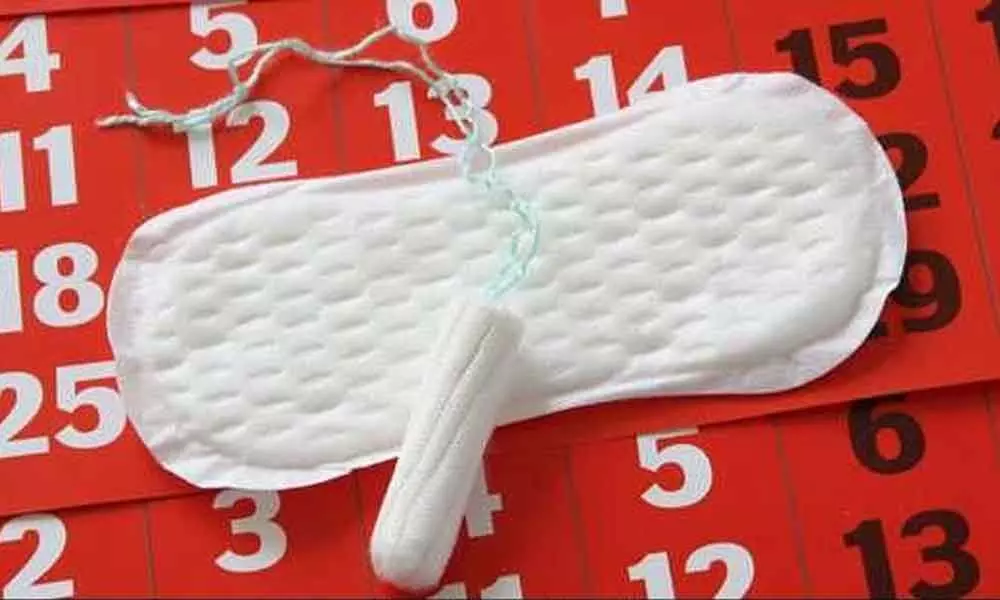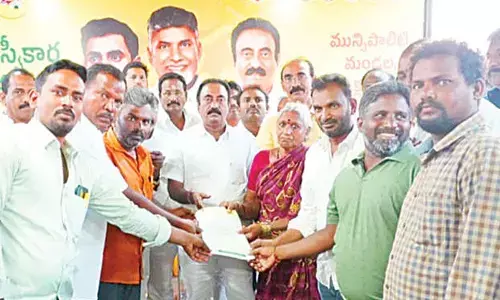Menstruation taboo: No respite for women

In the times of Covid-19 pandemic, the Menstrual Hygiene Day today brings back the focus on health and hygiene of women in a country of 1.35 billion population. Besides the lockdown problems the women have to cope up with the biological cycle and maintain menstrual hygiene.
In the times of Covid-19 pandemic, the Menstrual Hygiene Day today brings back the focus on health and hygiene of women in a country of 1.35 billion population. Besides the lockdown problems the women have to cope up with the biological cycle and maintain menstrual hygiene.
According to the Union Ministry of Health 2019 data there are around 35.5 crore menstruating women and girls in India. The women face multi-layered barriers to effective Menstrual Hygiene Management (MHM) due to various social and economic factors. Only 12 percent of women and girls have access to sanitary napkins in India while a majority of them relies on outdated, unhygienic methods during menstruation. 71 percent of the girls have no knowledge of menstruation before their first period. WASH united, as part of observing Menstrual Hygiene Day has stipulated certain long-term objectives to create a world in which women and girls are no longer held back because of their periods in the next ten years. It observed that women are facing challenges like lack of sanitary materials including underwear, female-friendly toilets, bathing spaces, overcrowding along with lack of knowledge on menstruation, cultural taboos, anxiety and embarrassment around leakage and discomfort during periods.
The initiatives during the process of education helped about 58 percent women in the age group of menstruation on using hygienic methods. It resulted in 62 per cent of the education institutions facilitating dustbins with lid for sanitary waste. As the present pandemic would not stop the biological cycle of the women, this year's Menstrual Hygiene Day and its objectives have become crucial. The WASH has set different activities to supplement its efforts in the current year. The first of its activities pertain to rapid needs of assessment and understanding of the availability of MHM at household level and institutions. On the needs of women, the government agencies, household members and key stakeholders would be guided to ensure their safety, privacy, dignity and proper MHM during the lockdown period. The second is to create awareness among the family members so that they start playing a supporting role in helping the women during the menstruation by ensuring access to clean water, sanitation and hygiene facilities along with access to sanitary products and safe disposal of the same. The third among the activities is understanding the supply chain of challenges during the lockdown period.
The Menstrual Hygiene Day of 2020 has been planned to play critical roles to reach different target groups and educating people on the effects of social stigma.
The writer is a chairperson of Kadiyam Foundation, Warangal)











